It's nothing unusual for President Donald Trump to lie, but every now and then, one whopper is so bald-faced that even a jaded public is shocked.
This week's came in an interview with the Wall Street Journal. The president discussed a number of issues from the murder of journalist Jamal Khashoggi to disdain for the Federal Reserve Chair Jerome Powell, but his false statements on the tariffs he's imposed and subsequently touted raised eyebrows everywhere.
“We don’t even have tariffs. I’m using tariffs to negotiate...Where do we have tariffs? We don’t have tariffs anywhere.”
Even Daniel Dale, a reporter for the Toronto Star who often fact checks the president, was flabbergasted.
In reality, Trump has granted a number of tariffs, perhaps most notably against China, where the president implemented tariffs on over $200 billion worth of goods, leading some to fear a trade war. He has also imposed tariffs on metal imports from Canada, Mexico, and the European Union. What's more, the president has openly bragged about these tariffs numerous times.
Even as recently as yesterday.
People were pretty stunned, and Preet Bharara spoke for many when he tweeted simply:
People are calling Trump out.
And while the president may believe that tariffs are a good negotiating tactic, economists say that they could ultimately do more harm than good.
It's the general consensus that Trump's tariffs are not good for the average American.
Regarding his tariffs on Canadian Steel and Aluminum, a group of economic experts unanimously disagreed, strongly disagreed, or did not answer when asked if the tariffs would improve American welfare.
The ones truly paying for the tariffs are American citizens who are likely to see an inflation in prices on many everyday goods.
Americans seem to agree that Trump's excessive, retaliatory tariffs are the wrong path to take.
Though the tariffs are well-documented, but common facts rarely stop this president from making statements that are outright false. Whether or not Americans will let this go unchecked is for voters to decide in November.





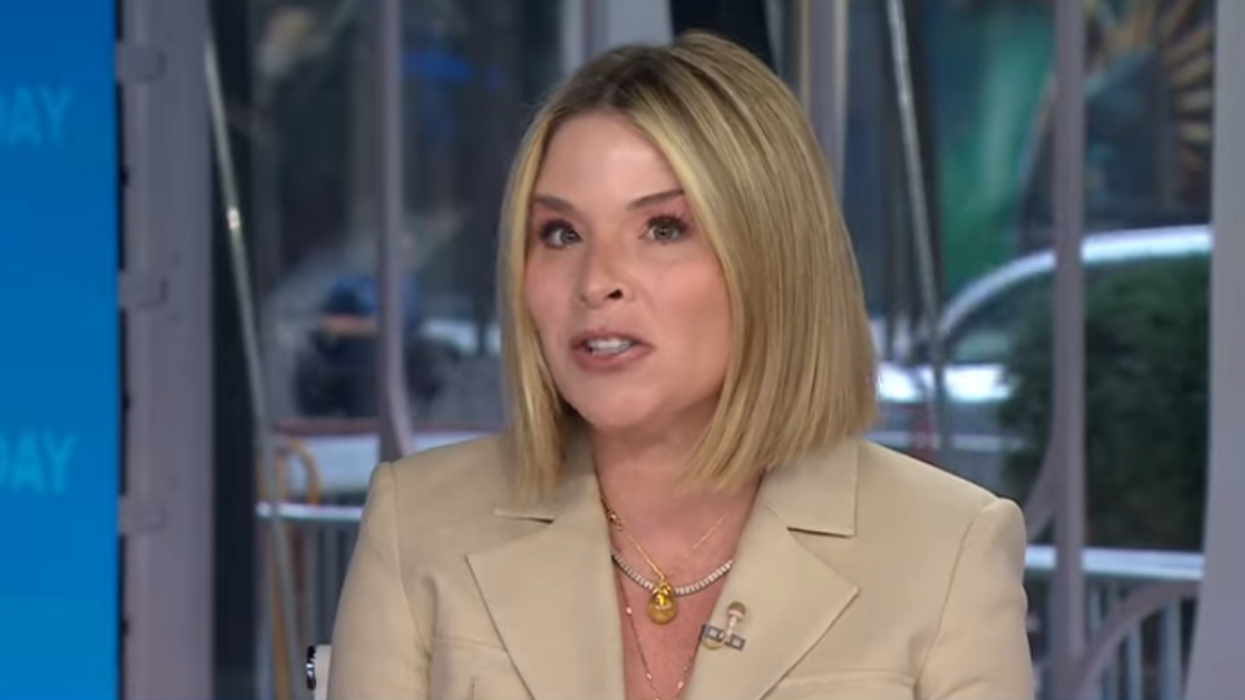

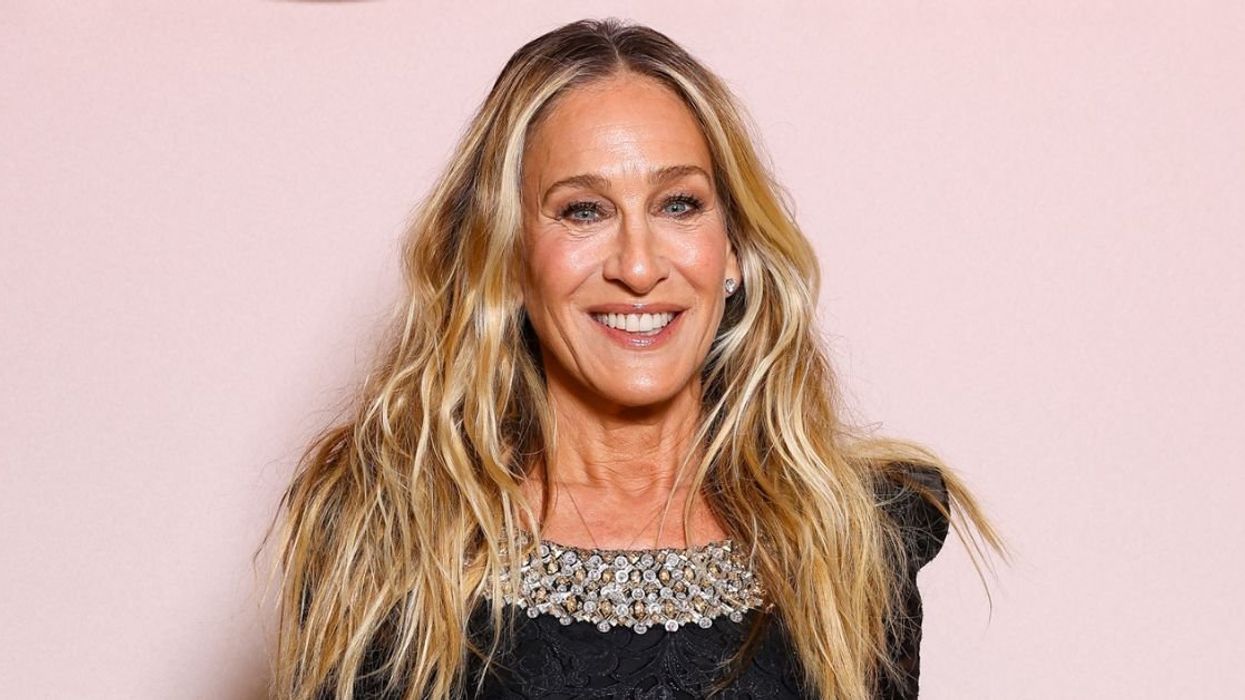
 @jgravell9/Instagram
@jgravell9/Instagram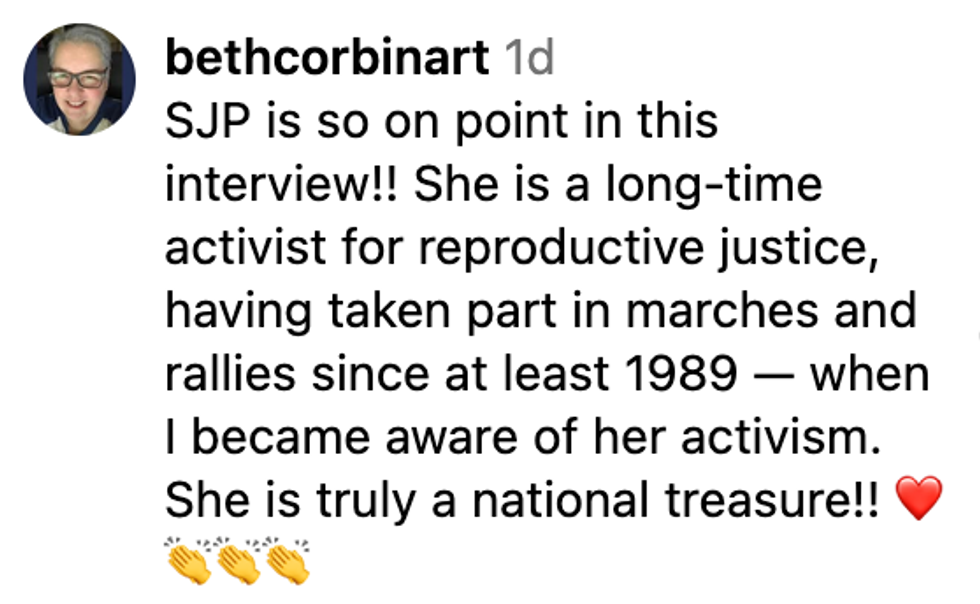

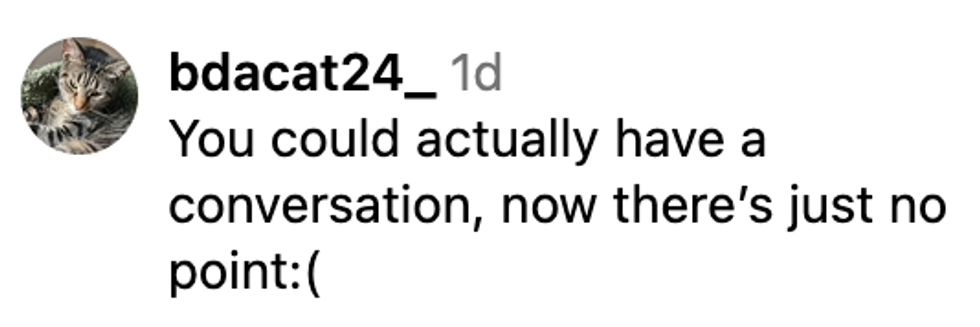
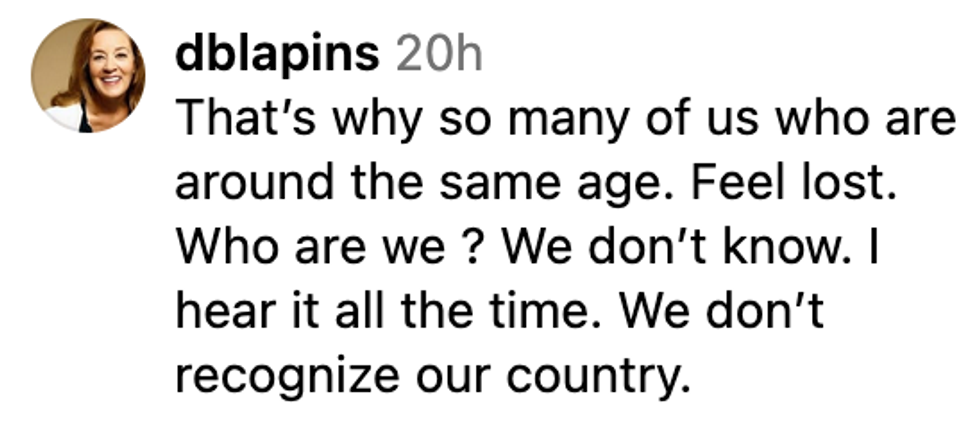

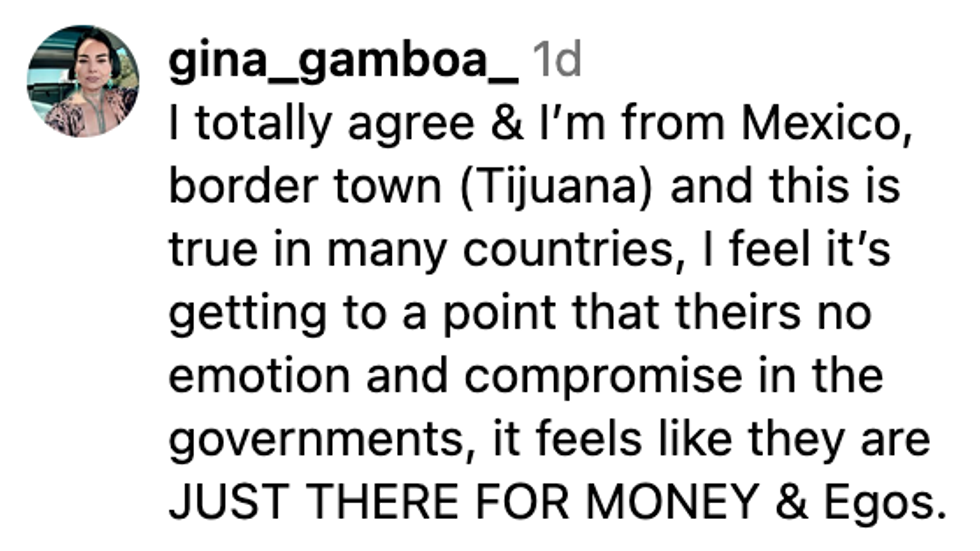





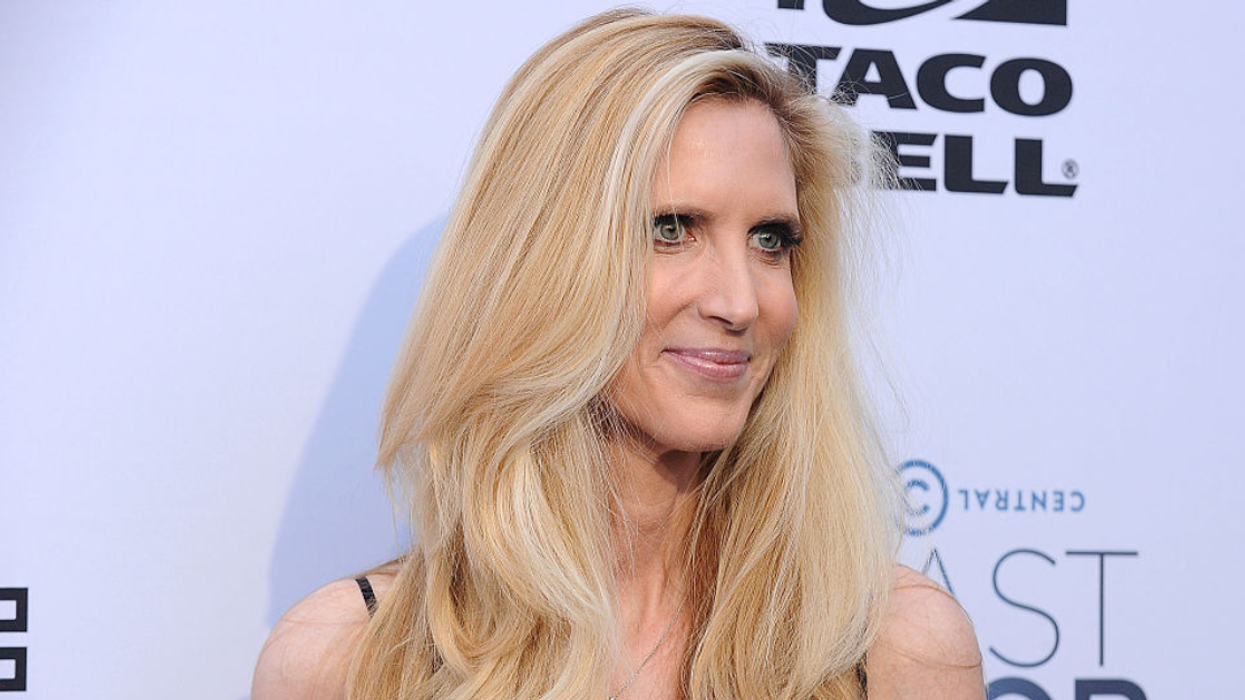
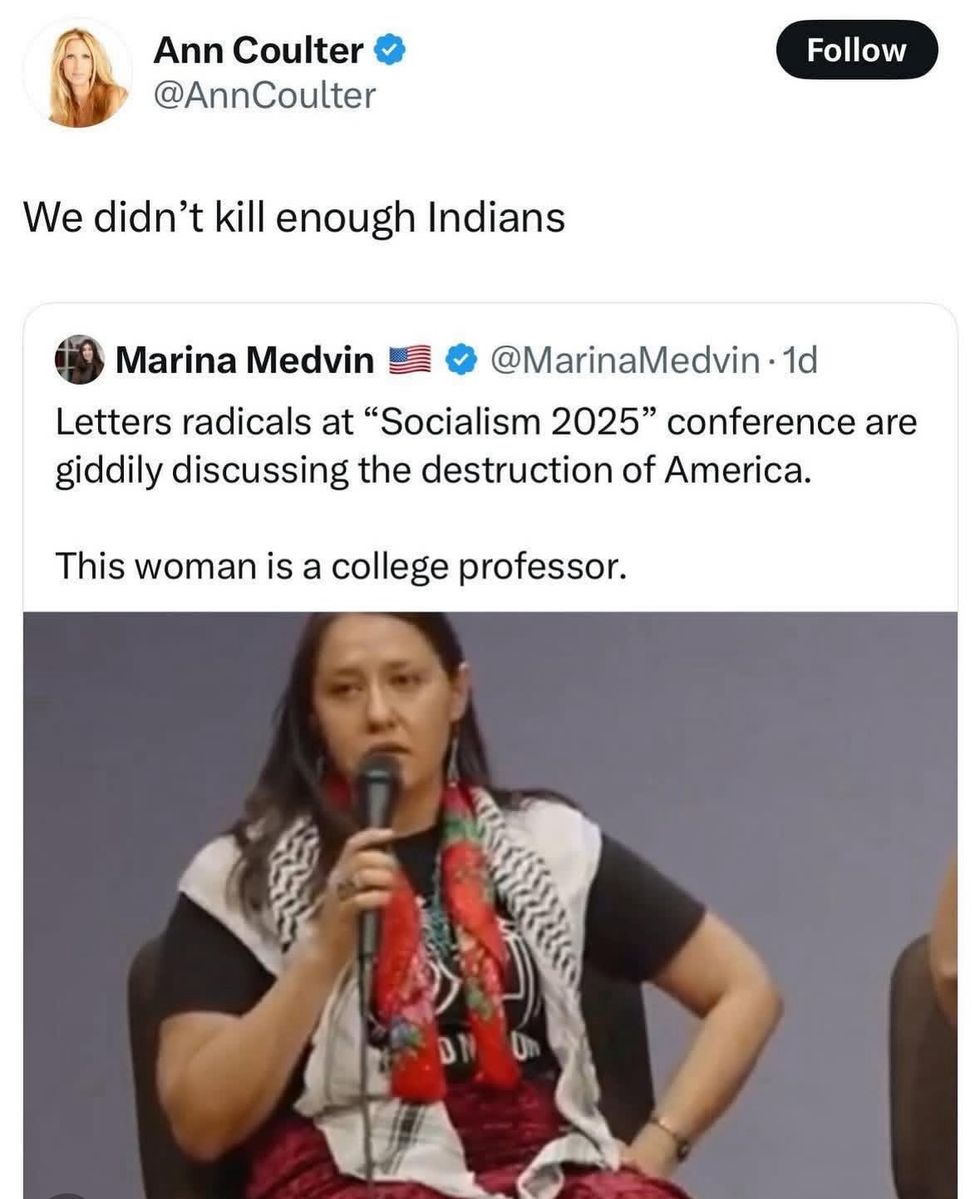 @AnnCoulter/X
@AnnCoulter/X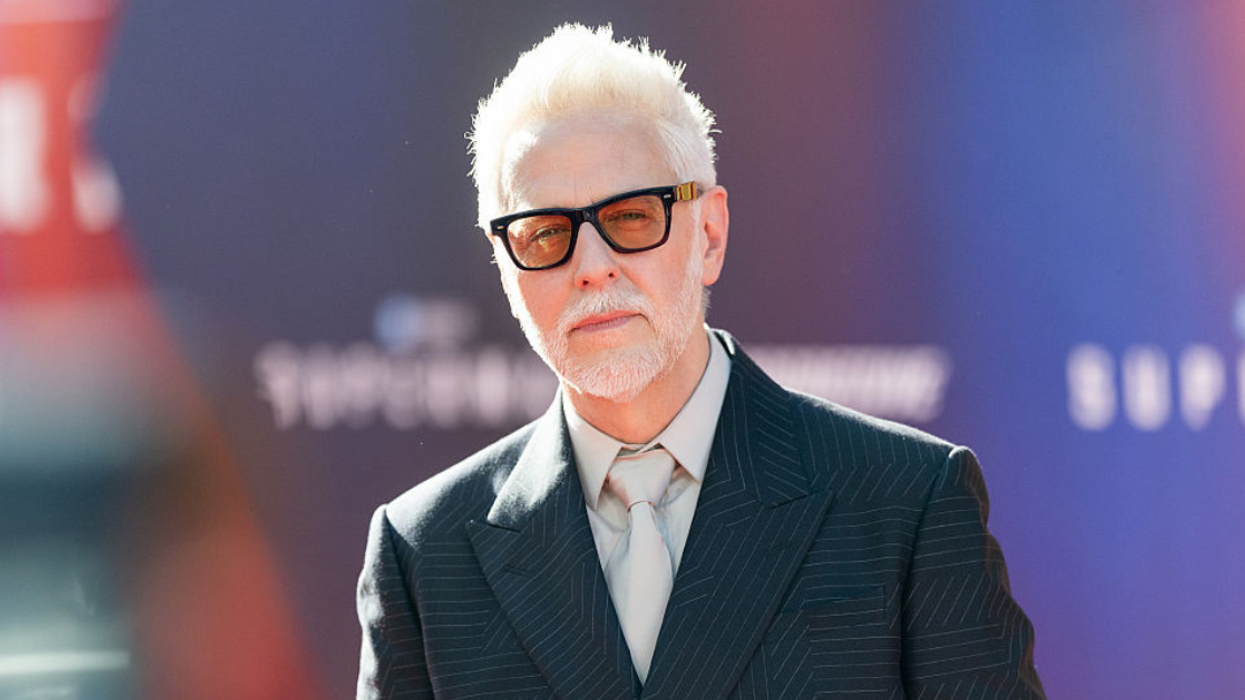

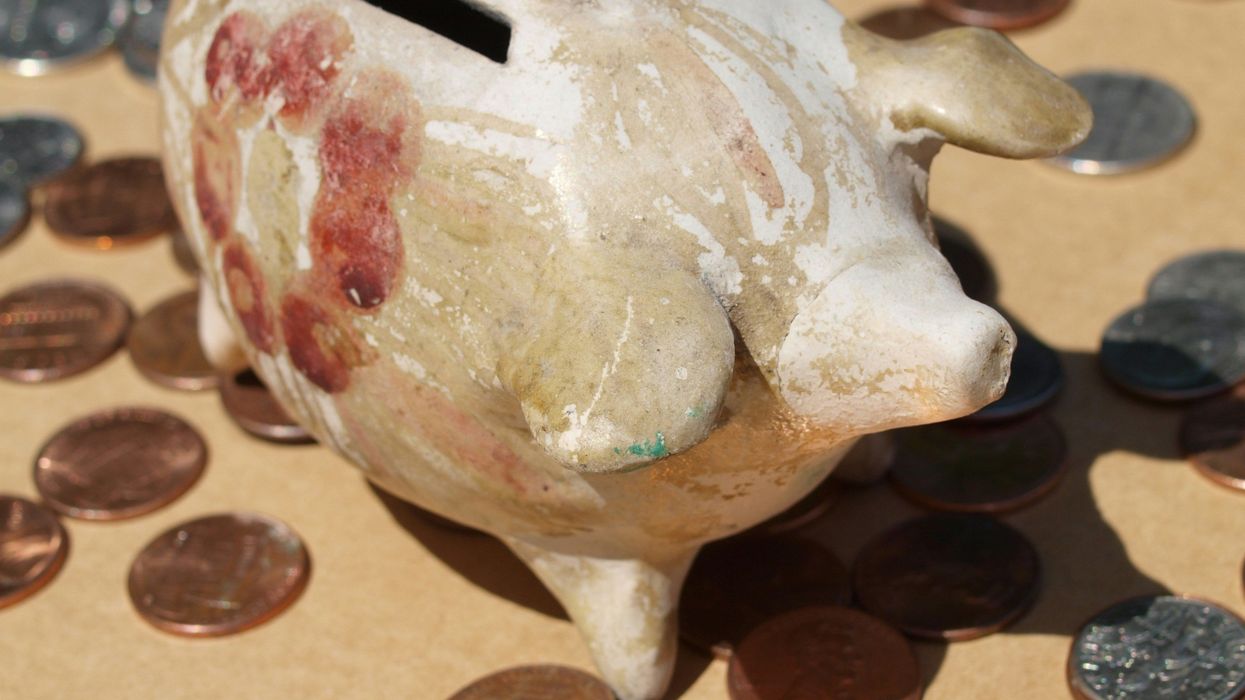
 Buy It GIF by Lucas and Friends by RV AppStudios
Buy It GIF by Lucas and Friends by RV AppStudios  Hungry Labor Day GIF by Bounce
Hungry Labor Day GIF by Bounce 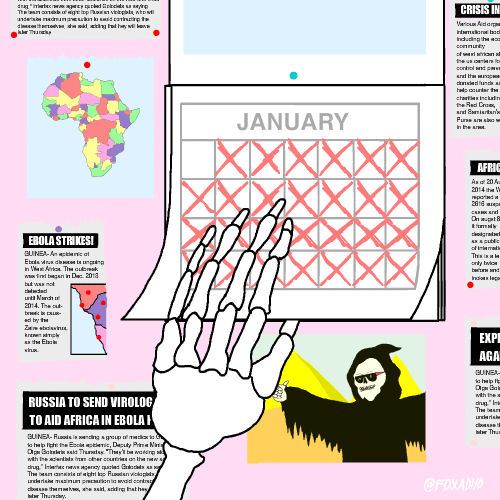 animation domination calendar GIF by gifnews
animation domination calendar GIF by gifnews 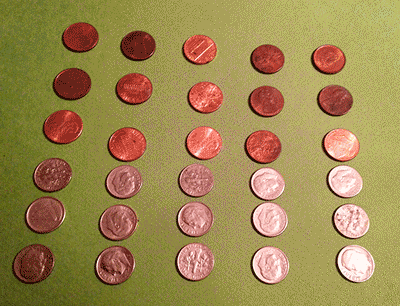 Money Coins GIF by Ashlyn Anstee
Money Coins GIF by Ashlyn Anstee  instant ramen GIF
instant ramen GIF